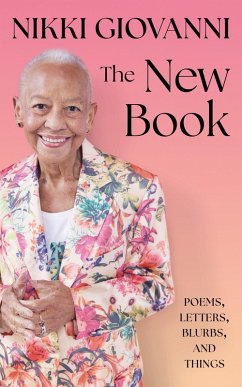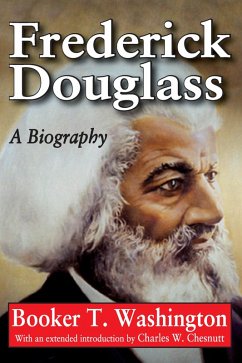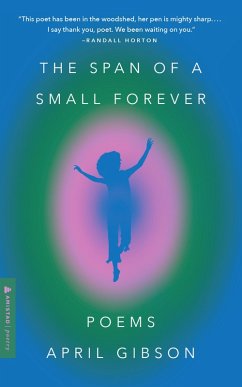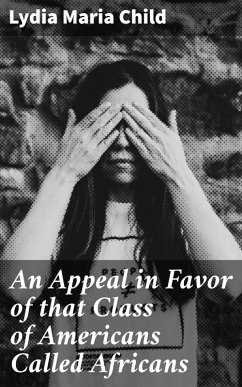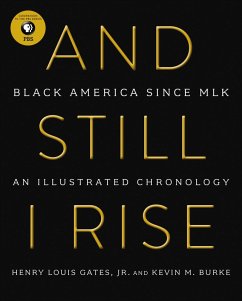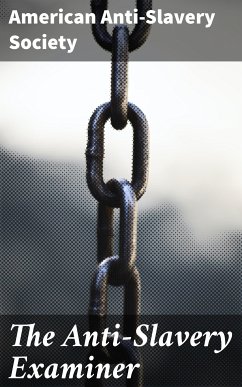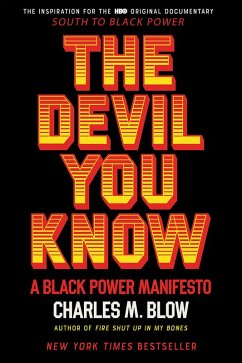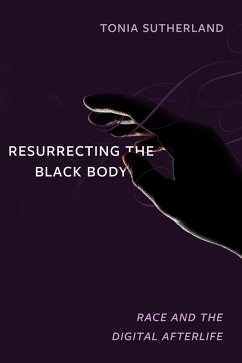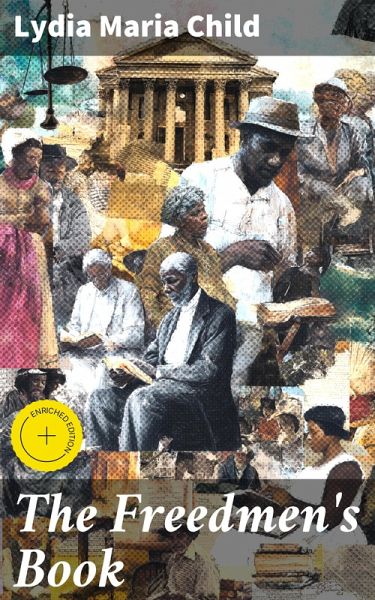
The Freedmen's Book (eBook, ePUB)
Enriched edition. Empowering Narratives for Newly Freed African Americans in Post-Civil War America
Kommentar: Blackwood, Nigel / Redaktion: Good Press

PAYBACK Punkte
0 °P sammeln!
In "The Freedmen's Book," Lydia Maria Child presents a vital compendium of narratives and writings that illuminate the struggles, aspirations, and achievements of African Americans following the Civil War. Written in a compelling and accessible style, this work reflects Child's deep commitment to social justice and the abolitionist movement, featuring poignant essays, poems, and historical accounts that aim to educate and inspire both African Americans and the broader public. The book situates itself within the literary context of post-Civil War America, serving as a testament to the emerging ...
In "The Freedmen's Book," Lydia Maria Child presents a vital compendium of narratives and writings that illuminate the struggles, aspirations, and achievements of African Americans following the Civil War. Written in a compelling and accessible style, this work reflects Child's deep commitment to social justice and the abolitionist movement, featuring poignant essays, poems, and historical accounts that aim to educate and inspire both African Americans and the broader public. The book situates itself within the literary context of post-Civil War America, serving as a testament to the emerging literacy and intellectual agency of formerly enslaved individuals while also critiquing the lingering societal racism and injustices they faced. Lydia Maria Child was a renowned author and social reformer whose lifelong dedication to the causes of abolition, women's rights, and indigenous rights shaped her perspectives and literary output. Having grown up in a period marked by deep national divisions, Child's experiences propelled her to become an influential voice in advocating for the rights of marginalized communities. "The Freedmen's Book" embodies her belief in the transformative power of education and her unwavering support for social equity. This essential work is recommended for readers who seek to understand the historical and cultural dimensions of freedom and identity in America. Through Child's insightful selections, readers will gain a richer appreciation for the resilience and creativity of African Americans during a pivotal time in history, making it a crucial addition to both literary and historical studies. In this enriched edition, we have carefully created added value for your reading experience: - A succinct Introduction situates the work's timeless appeal and themes. - The Synopsis outlines the central plot, highlighting key developments without spoiling critical twists. - A detailed Historical Context immerses you in the era's events and influences that shaped the writing. - A thorough Analysis dissects symbols, motifs, and character arcs to unearth underlying meanings. - Reflection questions prompt you to engage personally with the work's messages, connecting them to modern life. - Hand-picked Memorable Quotes shine a spotlight on moments of literary brilliance. - Interactive footnotes clarify unusual references, historical allusions, and archaic phrases for an effortless, more informed read.
Dieser Download kann aus rechtlichen Gründen nur mit Rechnungsadresse in A, B, BG, CY, CZ, D, DK, EW, E, FIN, F, GR, H, IRL, I, LT, L, LR, M, NL, PL, P, R, S, SLO, SK ausgeliefert werden.




